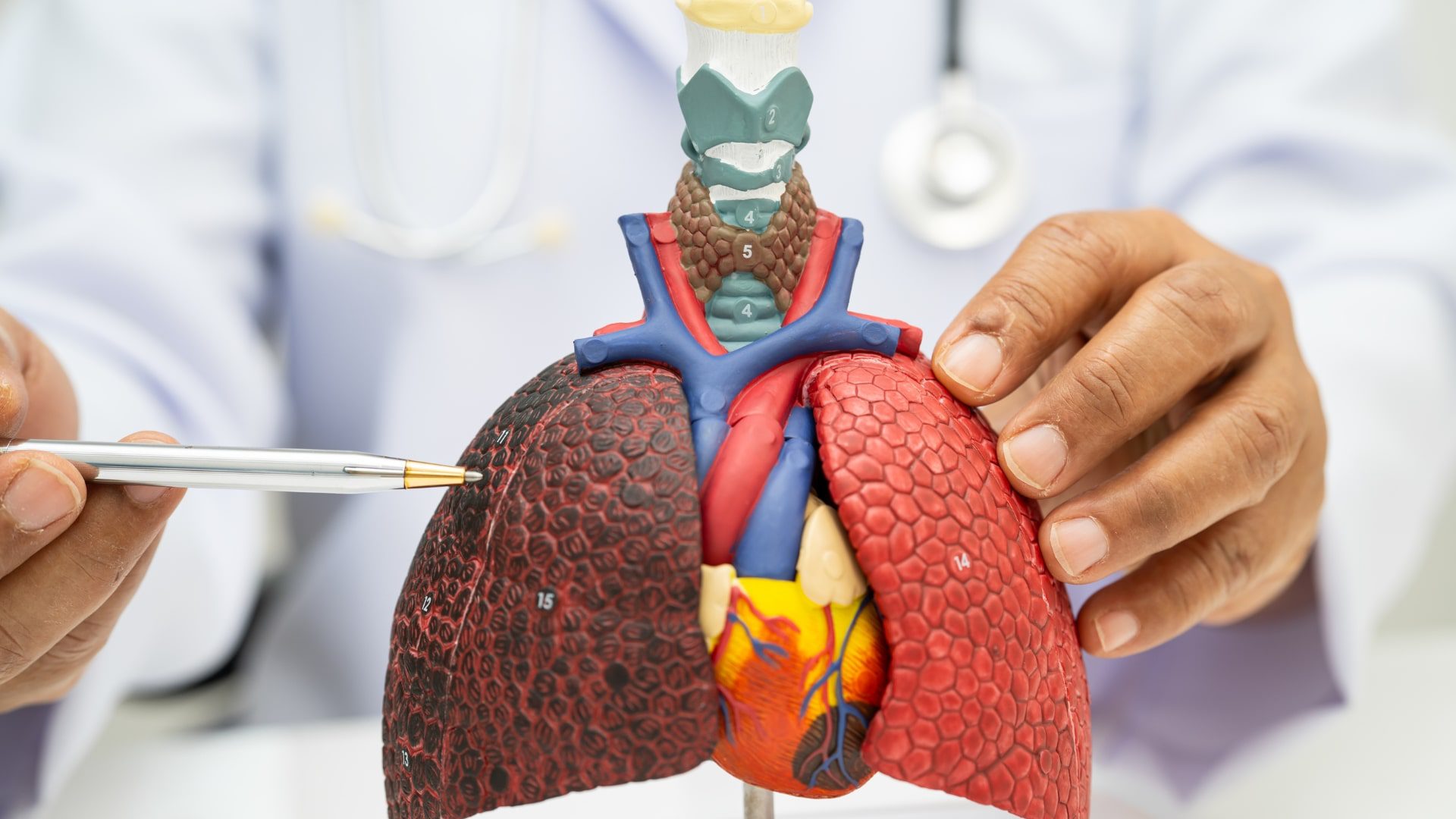
Healthy lungs are vital for overall well-being, as they supply oxygen to the entire body and remove carbon dioxide. Maintaining good lung health is essential for energy, stamina, and preventing respiratory illnesses such as asthma, chronic obstructive pulmonary disease (COPD), and infections.
Table of Contents
Why Lung Health Matters
Your lungs work tirelessly every day, providing oxygen to your blood and expelling waste gases. Poor lung health can lead to reduced oxygen supply, fatigue, frequent illnesses, and long-term respiratory conditions. Smoking, air pollution, sedentary lifestyle, and unhealthy habits are major contributors to lung damage.
Tips to Keep Your Lungs Healthy
1. Avoid Smoking and Secondhand Smoke
Cigarette smoke contains harmful chemicals that damage lung tissue and increase the risk of lung cancer and COPD. Avoid smoking and limit exposure to secondhand smoke to protect your lungs.
2. Exercise Regularly
Physical activity improves lung capacity and strengthens respiratory muscles. Activities such as walking, jogging, swimming, cycling, and yoga enhance oxygen intake and overall lung function.
3. Maintain Good Air Quality
Indoor air pollution from dust, mold, and chemicals can harm your lungs. Use air purifiers, ventilate rooms, and reduce exposure to pollutants. Outdoors, avoid heavy traffic areas and wear masks in polluted environments.
4. Practice Deep Breathing Exercises
Deep breathing techniques like diaphragmatic breathing, pursed-lip breathing, and yoga pranayama increase lung efficiency, improve oxygen exchange, and help clear toxins from the lungs.
5. Eat a Lung-Healthy Diet
Consume foods rich in antioxidants and anti-inflammatory properties to protect lung tissue. Include:
-
Fruits: Apples, berries, citrus fruits
-
Vegetables: Spinach, broccoli, carrots
-
Whole grains and lean proteins
-
Healthy fats like olive oil and nuts
6. Stay Hydrated
Drinking plenty of water helps thin the mucus lining your lungs, making it easier for your respiratory system to function and preventing infections.
7. Get Vaccinated
Vaccines like the flu shot, pneumonia vaccine, and COVID-19 vaccine protect your lungs from infections that can cause severe damage.
8. Avoid Exposure to Lung Irritants
Limit exposure to chemicals, dust, fumes, and secondhand smoke at work or home. Wear protective masks and follow safety guidelines if you work in environments with pollutants.
9. Monitor Your Lung Health
Schedule regular checkups, especially if you have a history of smoking or respiratory conditions. Spirometry tests and lung function assessments help detect early issues and prevent long-term damage.
Lifestyle Habits for Long-Term Lung Health
-
Maintain a healthy weight to reduce pressure on the lungs.
-
Practice stress management techniques like meditation, which can improve breathing efficiency.
-
Avoid prolonged exposure to cold, damp conditions, which may trigger respiratory infections.
-
Keep your home and work environment clean and dust-free.
Strong, healthy lungs are crucial for a vibrant and active life. By avoiding harmful habits, exercising regularly, eating a nutritious diet, and monitoring lung health, you can improve lung function, prevent respiratory diseases, and enjoy better overall health. Start adopting these preventive measures today to keep your lungs healthy for life.


